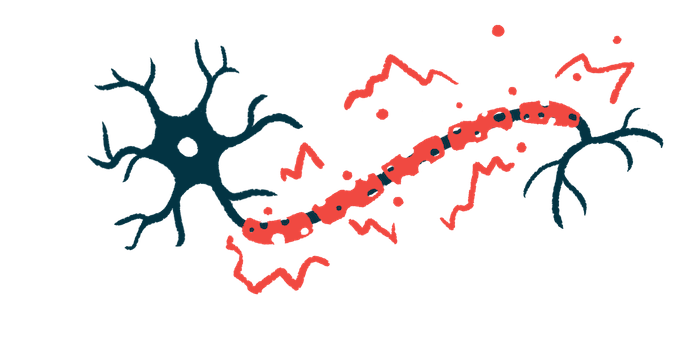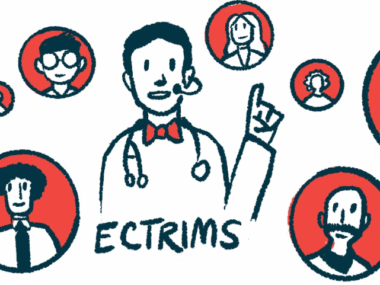Ocrevus can be safe, effective for children with active RRMS: Study
Pediatric-onset patients had no relapses or MRI activity after 2 years of treatment
Written by |

Ocrevus (ocrelizumab) is a safe and effective treatment for patients under 18 with highly active relapsing-remitting multiple sclerosis (RRMS), a small study from Turkey suggests.
Over about 2.5 years of the treatment, these pediatric patients experienced no relapses or MRI activity, and their disability level also improved, indicating better function.
“Clinical trials with larger groups of patients with long-term follow-up are needed for the assessment of the efficacy and safety of Ocrelizumab in pediatric MS,” researchers wrote.
The study, “Ocrelizumab in pediatric multiple sclerosis,” was published in the European Journal of Paediatric Neurology.
3% to 10% of MS patients experience first symptoms in childhood or adolescence
Multiple sclerosis is an autoimmune disease that primarily develops in young adults. However, in about 3%-10% of cases, patients experience their first symptoms during childhood or adolescence — this is commonly known as pediatric-onset MS (POMS).
The majority of these patients have RRMS, a form of the disease marked by relapses, when existing symptoms worsen or new symptoms appear, followed by remissions, or times of complete or partial recovery.
While the mechanisms leading to relapses and disease progression in POMS and adult-onset MS are similar, POMS patients tend to have a higher rate of relapses, to progress to secondary progressive MS earlier, and to reach specific levels of disability — like requiring an aid to walk, or needing a wheelchair — several years earlier than those who experience their first symptoms as adults.
Yet, there aren’t many disease-modifying therapies (DMTs) approved for pediatric MS patients, and those that exist include mainly first-line treatments.
Researchers in Turkey, however, have been treating pediatric patients who failed these first-line treatments or who had highly active disease and no prior treatment with high-efficacy DMTs that are currently approved only for adults.
Here, they reported findings from 10 children and adolescents who received Ocrevus for at least one year in those conditions. These included seven girls and three boys, with a mean age of disease onset of 14.9 years, who received Ocrevus for a median of 28.3 months (just over two years).
Overall, Ocrelizumab can be considered a safe, tolerable, and effective treatment option in highly active pediatric MS cases.
Relapse rates significantly drop after 2 years of Ocrevus treatment
The majority of patients (eight) transitioned to Ocrevus after experiencing disease activity on an interferon-based medication. The other two were given Ocrevus as a first-line treatment due to their highly active disease — both had experienced two relapses in the past six months and had multiple lesions in their brain and spinal cord.
Before starting treatment, all patients had at least one lesion with active inflammation, and most (70%) had black holes, or regions of severe damage to nerve cells.
Over about two years of treatment, no patient experienced MRI activity, and relapse rates significantly dropped from a median of 2.01 relapses per year to 0 relapses. Disability scores on the Expanded Disability Status Scale also significantly improved from 1.75 before treatment to 1.2 at the time of last assessment, indicating less disability.
Except for one patient who experienced an anaphylactic reaction during the first Ocrevus infusion, no other patient had serious adverse effects. Three patients had mild infusion reactions, but those were resolved with treatment and reductions in the infusion rate.
Also, one patient had a transient increase in liver enzymes, and two patients had low levels of antibodies, which is associated with a higher risk of infections.
“Overall, Ocrelizumab can be considered a safe, tolerable, and effective treatment option in highly active pediatric MS cases,” the researchers wrote.
Considering the higher rate of non-adherence to self-administered therapy in children and adolescents, Ocrevus, which is administered every six months in clinics, may be a good alternative, according to the researchers.
Still, clinical trials with larger groups of patients and with longer follow-up periods are needed to evaluate the use of Ocrevus in pediatric MS patients.



